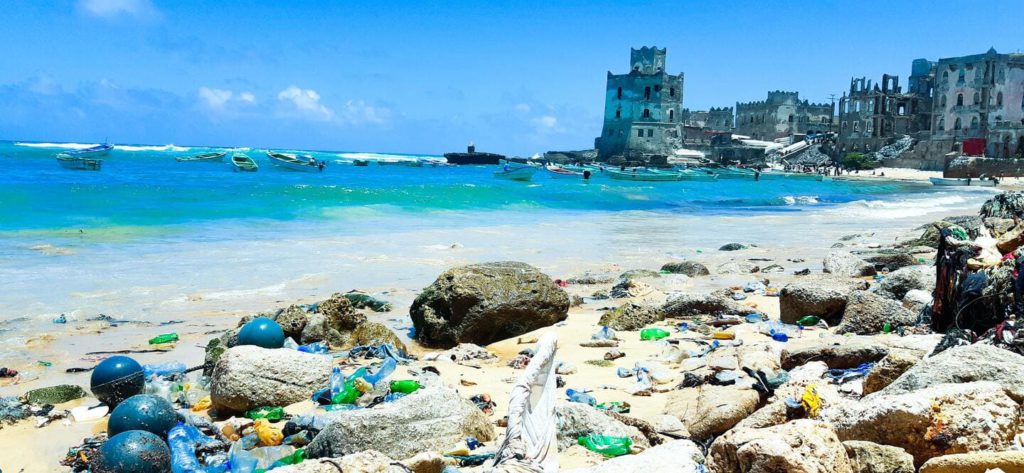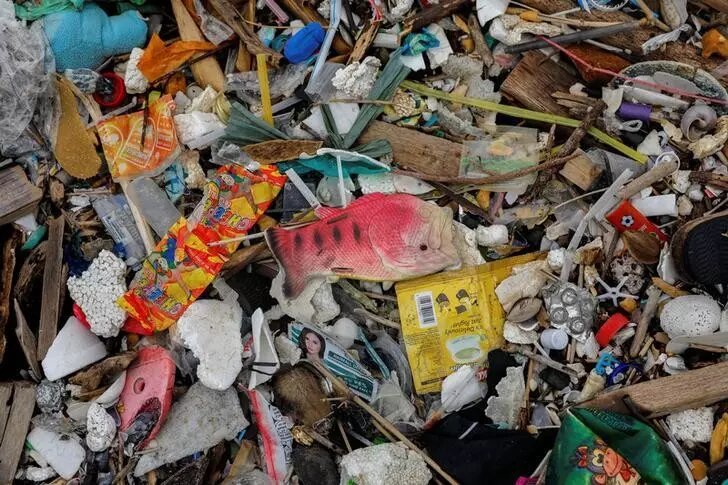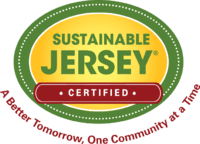Atlantic ocean holds 10x more plastic pollution than previously believed, new study finds
The amount of plastic in the ocean has been ‘massively underestimated’, according to a National Oceanography Centre study.
Researchers estimate that the Atlantic’s total plastic load is around 200 million tonnes (approximately 220.4 million U.S. tons).
There is at least 10 times more plastic polluting the Atlantic Ocean than previously believed, a new study has found.
The National Oceanography Centre (NOC) study, the first to measure the “invisible” microplastics beneath the surface of the entire Atlantic Ocean, found that there were between 12-21 million tonnes (approximately 13-23 million U.S. tons) of them floating in the top 200 meters (approximately 656 feet) under the waves.
However, the study only measured the three most common types of microplastic in the upper levels of the ocean, The Guardian pointed out. The researchers estimate that the Atlantic’s total plastic load is closer to 200 million tonnes (approximately 220.4 million U.S. tons). That is much higher than the previous estimate of 17 million to 47 million tonnes (approximately 19 to 52 million U.S. tons) of plastic released into the Atlantic between 1950 and 2015.
“The amount of plastic has been massively underestimated,” lead study author Katsiaryna Pabortsava told The Guardian.
The research, published in Nature Communications, was based on seawater samples taken from September to November 2016, the NOC explained. Pabortsava and her coauthor professor Richard Lampitt then filtered their samples and used spectroscopic imaging to detect the three most common and most polluted types of plastic: polyethylene, polypropylene and polystyrene.
The pair found up to 7,000 particles of the plastics per cubic meter of seawater, BBC News reported. The total weight of the plastic they detected would be enough to fill almost 1,000 container ships.
What is the World Economic Forum doing about plastic pollution?
More than 90% of plastic is never recycled, and a whopping 8 million metric tons of plastic waste are dumped into the oceans annually. At this rate, there will be more plastic than fish in the world’s oceans by 2050.
The Global Plastic Action Partnership (GPAP) is a collaboration between businesses, international donors, national and local governments, community groups and world-class experts seeking meaningful actions to beat plastic pollution.
In Ghana, for example, GPAP is working with technology giant SAP to create a group of more than 2,000 waste pickers and measuring the quantities and types of plastic that they collect. This data is then analysed alongside the prices that are paid throughout the value chain by buyers in Ghana and internationally.
It aims to show how businesses, communities and governments can redesign the global “take-make-dispose” economy as a circular one in which products and materials are redesigned, recovered and reused to reduce environmental impacts.
Read more in our impact story.
Source : World Economic Forum






